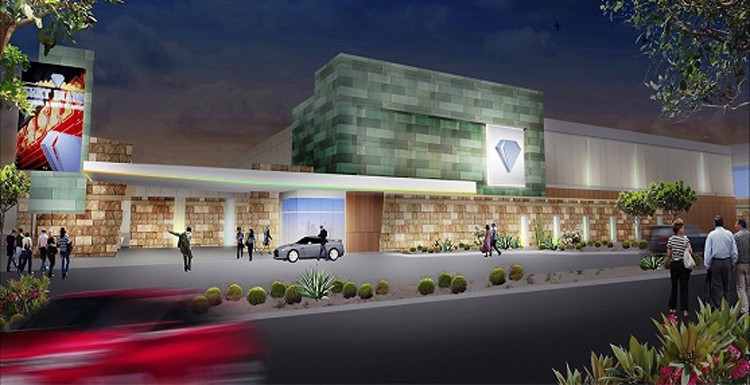The Tohono O’odham Nation’s hopes of turning their Class II Desert Diamond Casino Resort in the West Valley in Glendale, Arizona into a full-scale gaming operation may have hit a major roadblock after documents the tribe was forced to disclose indicate it was having discussions regarding gaming in the Phoenix metro area at the same time voters were being told in 2002 that if they approved a ballot measure no new tribal gaming would be introduced to the area.
The subpoenaed documents, which attorneys for the state hope to use to aid in convincing a federal judge that 14 years ago the tribe committed fraud, were intended to be used in a pending lawsuit against the tribe filed by Arizona Director of Department of Gaming Daniel Bergin in October 2015 after he refused to grant certification for the more lucrative Class III gaming license. However, the documents were also shared by the state’s attorneys with the Salt River Pima Maricopa Indian Community’s legal representatives. The latter, while not a litigant in the lawsuit, stands to take a hit to gaming revenue from its two Scottsdale gaming facilities if gamblers choose to forego the drive and stay closer to home by gaming at the new Tohono O’odham casino. The documents were then given to Capital Media Services by the tribe’s public relations firm.
State agency spokeswoman Amanda Jacinto attempted to explain the release by saying that the documents were shared “to gain a better understanding of how the documents applied to the first lawsuit that all parties were a part of.” Jacinto told the news agency that Bergin’s attorneys didn’t intend for anyone to see the documents except for the attorney’s.
Edward Manuel, the chairman of the Tohono O’odham Nation, dismissed the notes, saying that some of them were “written by unknown authors who had no involvement in the compacting process,” and that the tribe “won’t speculate about either the validity of the notes or the context in which they were created,” according to the news agency. Manuel said that in any case, the documents don’t add anything to considerations made by the courts in prior rulings that favored the tribe and allowed the Glendale casino.
In prior rulings, which include some 19 consecutive decisions favoring the tribe, approval of Proposition 202 by voters allowing tribes to establish casinos and operate them based on the premise that there would be no new gaming casinos established in the Phoenix metro area, wasn’t disputed. However, in the suit lawyers for the gaming officials told the court that had voters known that the tribe had no intention of keeping its promise the compact would have never been signed. According to Bergin, it was only after Proposition 202 (pdf) was signed that the Tohono O’odham Nation made its intentions known.
Bergan’s assertion that the tribe’s engagement in deceptive behavior deemed it unfit to operate a new casino enabled the countersuit, which according to Campbell, makes the fraud allegations legally relevant. Enter the documents, which include discussions dated the week prior to the 2002 election regarding casino locations within 40 miles of downtown Phoenix, as well as a location just outside of Glendale, according to the report. During that meeting, tribal officials are said to have discussed using the $30 million the tribe received under a 1986 federal law in compensation for land lost to flooding from the Painted Rock Dam which affected some 10,000 acres of the tribe’s reservation.
According to the report, the leaked notes indicate the tribe foresaw potential problems, “The project is not illegal but there will be political issues,” the notes reportedly say. “If the nation is committed to this they also need to be prepared for a political battle.”


